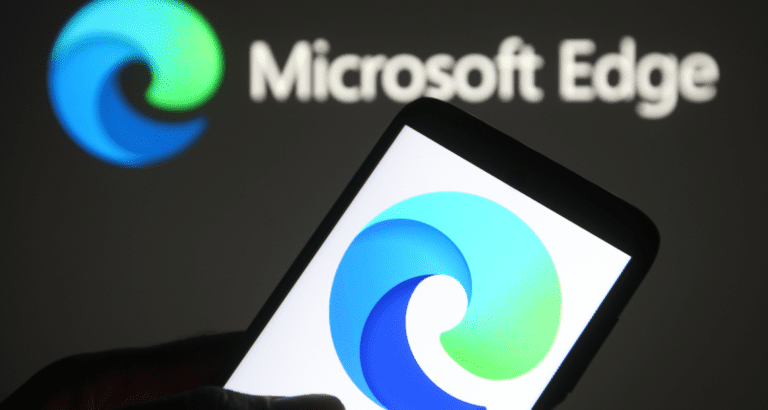The Microsoft Edge browser appears to be importing data from the Chrome browser without permission from end users. The data includes opened tabs in the Chrome browser, as well as other information.
Microsoft makes no secret of its desire to let Windows users use its own Microsoft Edge browser. Therefore, the tech giant is trying to make it easier for users of other browsers to switch to Edge, although such practices by Microsoft tend to push the boundaries of what is permissible.
Code has been added for this purpose in Edge’s settings that, among other things, helps transfer bookmarks and saved passwords all at once.
Data import without permission
Complaints from end users now reveal, writes The Register, that this “helpful” code is not only positive for users after all. The code would take over virtually all data from the Google Chrome browser every time Edge is opened, without permission. Examples include open tabs in the Chrome browser, as well as virtually all other browser data that resides in Chrome.
In addition, Microsoft reportedly synchronizes this information with the cloud as well. This makes it difficult for users to keep their data separate in Chrome and Edge environments. This may be desirable if users stick to one for their day job and the other in their spare time.
Impossible to turn off
The complaints have reportedly been occurring for a year, including among Windows users who tend to not use the Edge browser. Attempts to stop the unsolicited import from Chrome by turning off the feature have been unsuccessful.
Also, Chrome data synchronization would occur when users never gave permission and when this setting is disabled.
Spike after recent Windows update
The number of complaints about the unwanted data import in Edge has surged since the latest Windows update KB5034204 dated Jan. 23. This update forces this import, but it is not yet clear how it does so.
Incidentally, Microsoft stated in the fine print of this latest update that it “regularly imports into Edge data from other browsers installed on the affected Windows device.” Microsoft itself has not yet responded to the continuing stream of complaints about this issue.
Also read: Will Microsoft be forced to curtail its Copilot plans?
